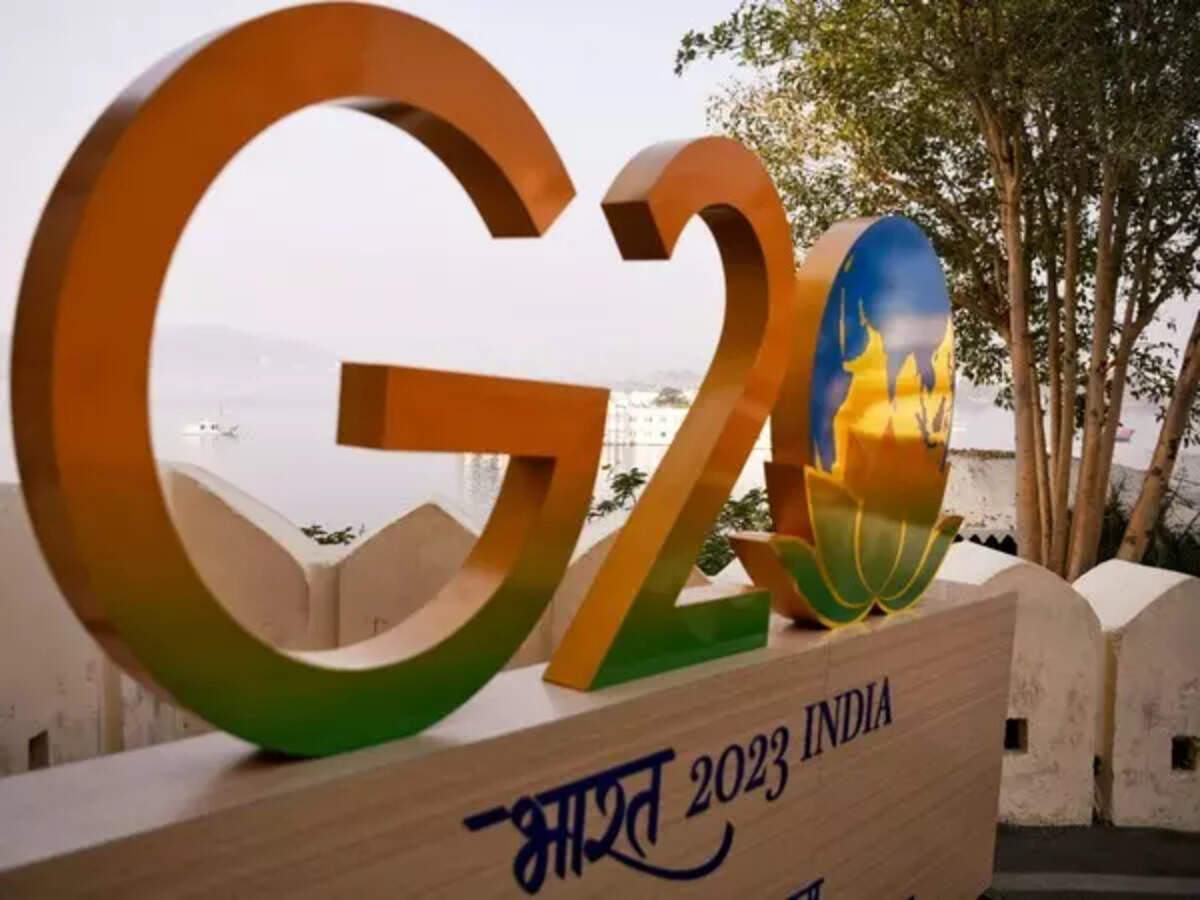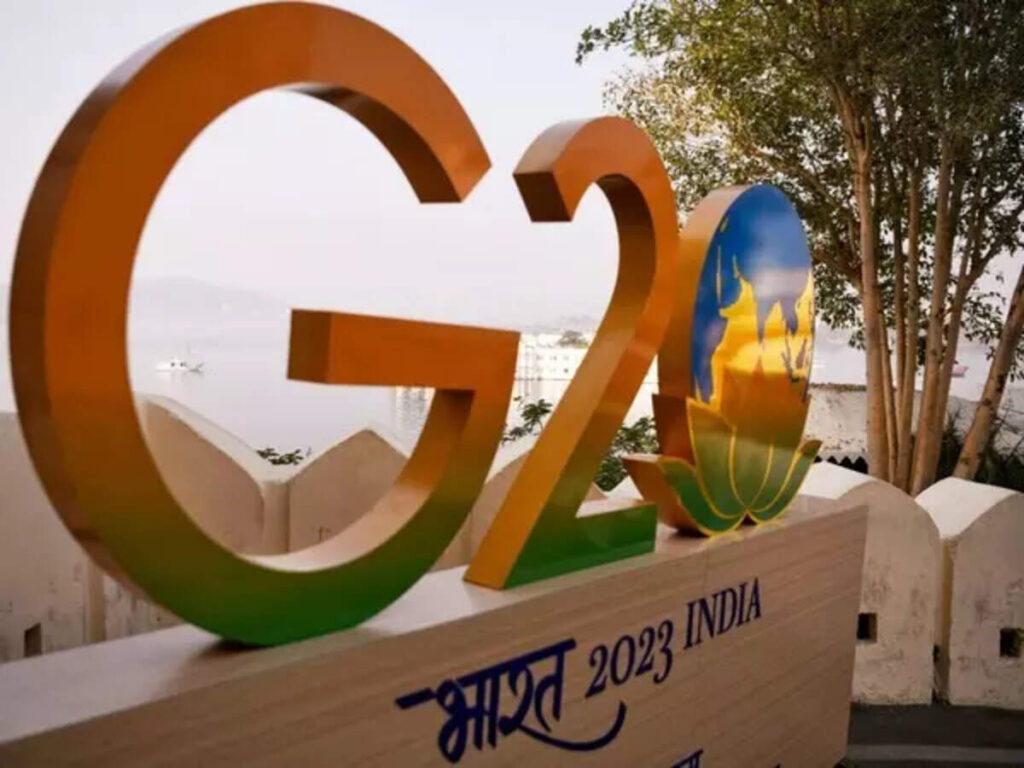

The 17th BRICS summit held in Brazil on July 6 and 7 has helped in partially restoring the image of the Indian Prime Minister Narendra Modi as the defender of the interests of Global South against the increasing attacks on the political and economic interests of the developing nations by the United States of America President Donald Trump
The PM’s July 2-9 visit included his official visits to Ghana, Trinidad and Tobago, Argentina and Namibia. He also was the official guest of the Brazilian President Luiz Inácio Lula da Silva, commonly known as Lula, after the end of the summit. The discussions and the agreements signed during the Indian PM’s visit to these five countries of the Global South have helped in positioning of India as a friendly big economic power of the Global South.
The main outcome of the joint declaration of the BRICS summit in Rio de Janeiro was the shift in India’s position in strongly condemning the Israeli actions in Gaza as also attacks against Iran. Though US was not named, the signing of India in the resolution was one step forward from its earlier position on both Israeli killings of Palestinians as also the US’s unprovoked attack on Iran and dismantling a big part of its nuclear facilities.
Till the BRICS summit on July 6 and 7 this year, India was a suspect in the eyes of the leading nations of the global South including South Africa and Brazil as a trusted ally of Trump and more interested in QUAD than in the functioning of BRICS or SCO. While the Brazil and South African presidents were demanding the arrest of Netanyahu and declaring him as war criminal, Prime Minister Narendra Modi remained silent and the government continued with its plans for expansion of economic and defence relations with Israel. India even allowed Indian workers and techies to take up jobs in Israel during the Israel-Hamas war.
Now after the partial restoration of his image at the Rio summit by defending the interests of Global South in strong words along with the other heads of states, Indian Prime Minister has to work to take forward the promise given at the BRICS meet. India is taking the presidency of BRICS in 2026 and the Prime Minister Narendra Modi will be hosting the summit in India. This new job as the custodian of the Global South has entrusted on him big responsibilities. He has to consistently look after the interests of the Global South.
Right now, the main issue is to protect the trade interests of the developing countries by fighting the unilateral tariff rates imposed by Trump on them. This fight has to be led by Narendra Modi as the incoming chair of 18th BRICS summit in 2026. He can not lead this fight without taking a strong position against Donald Trump. Will he do it after investing so much in seeking the favours of the US President? The summit of US sponsored QUAD is scheduled to be held in India later this year. As the host, Narendra Modi will have to do everything possible to please Trump who is expected to be present during the summit. How will the Prime Minister of India handle this QUAD summit without disturbing the key issues at the BRICS summit in 2026 again hosted by him?
Donald Trump announced on Wednesday that his administration will hit Brazil with a 50% tariff on products sent to the US, tying the move to what he called the “witch-hunt” trial against its former president, Jair Bolsonaro. Trump is directly interfering in the internal affairs of Brazil by linking the tariff rate with an ongoing investigation which is being carried out as per Brazilian laws. Bolsonaro has been accused of inciting a coup against President Lula. He is hard right politician, an acolyte of Trump as also a friend of Narendra Modi. In fact, the political analysts include Trump, former Brazil president Jair Bolsonaro, Argentinian President Javier Milei, National Rally supremo Marie Le Pen of France and Indian PM Narendra Modi as a part of global far right.
Posting letters on Truth Social, the US president had on Wednesday targeted seven other countries – the Philippines, Brunei, Moldova, Algeria, Libya, Iraq and Sri Lanka – for stiff US tariffs on foreign exports starting on 1 August. So far India-US trade deal has not been signed but the discussions are at the last stage. It is not yet known what type of concessions, the US has extracted from Indian negotiators to have access to India’s farm and dairy sector.
Brazilian president Lula has already rejected Trump’s demand that legal proceedings against Bolsonaro be dropped and his claim that a 50% tariff on Brazilian imports was necessary to close a trade deficit that does not, in fact, exist. President Lula has responded point by point to Trump’s allegations and said that Brazil is a sovereign nation with independent institutions and will not accept any form of tutelage.
The US president had been scheduled to hike tariffs on dozens of countries on Wednesday. Earlier this week he announced a fresh three-week delay, to 1 August, but started announcing new rates that countries would face unless they strike a deal with the White House by that day. On Monday, Trump announced U.S tariffs of up to 40 per cent on goods imported from 14 countries including Bangladesh, Japan and South Korea. Trump wrote to 1 more countries on Wednesday and published each letter.
Soon after the BRICS summit declaration, Trump announced the imposition of 10 per cent additional tariff on BRICS countries on the plea that these countries were encouraging de dollarization. This decision immediately involves India and as the incoming chair of BRICS, Indian PM has the immediate responsibility of protesting against this additional hike as also the imposition of huge 50 percent tariff on Brazil on extraneous ground. Will Indian PM respond and take on trump on this delicate issue as the leader of the Global South?
India has a big opportunity now to play its role as the natural leader of the Global South with its vast population and thriving economy. Left to the foreign ministry, India can get back its old glory as the prime mover of the Global South. But in the last five years, Indian Prime Minister has taken over fully the task of foreign diplomacy planning based on his own doctrine which has led to diplomatic isolation. Our Indian diplomats are feeling the pinch more after Operation Sindoor.
It is time, India take a close review of its diplomatic challenges and revise Modi doctrine to suit the best interests of the country in 2025 and 2026.The BRICS chair in 2026 has given India a rare opportunity to shape the future direction of India’s foreign policy by emerging as a true leader of the Global South defying the pressures put by the Trump administration. It all depends on our powerful Prime Minister Narendra Modi whether he will revamp India’s strategy or pursue the same path of following the USA. (IPA Service)
